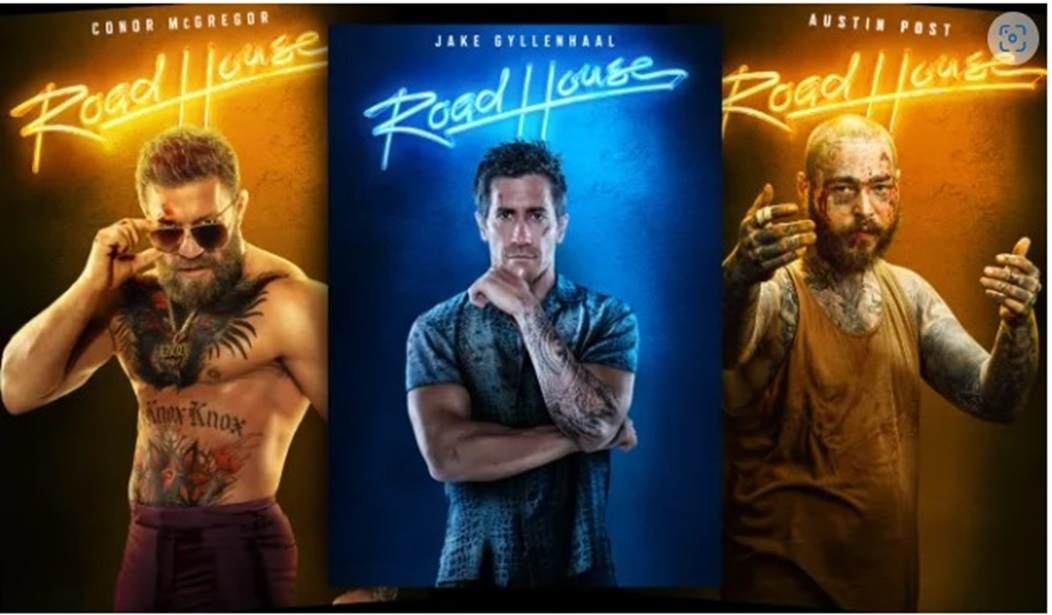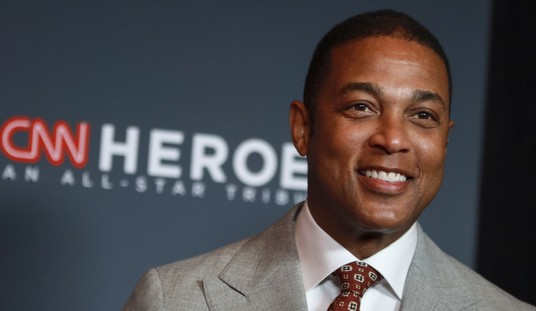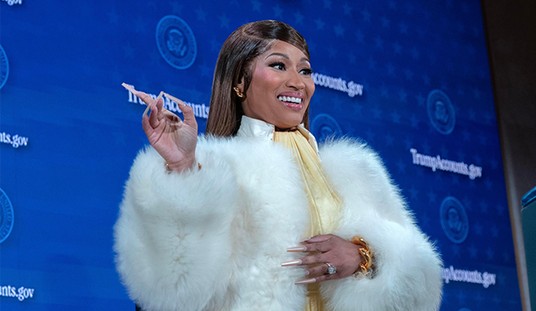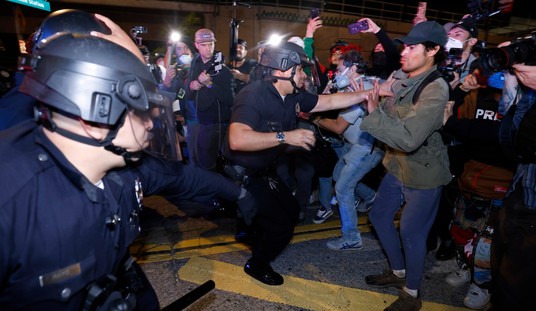For some time, I have been covering the business side of the entertainment industry, and a large reason for this is that the economics of the business are unlike those in other sectors. Part of it is the mixture of art and commerce, partly it is the socio-political involvements, and just as likely it is due to simple hubris and ego. Frequently Hollywood economics make little sense, making for a fun time in covering the nonsense.
There is a lesson in the economics of Hollywood regarding the spate of remakes sweeping across the entertainment spectrum over the past few years. New streaming services are hungry for content, and retaining rights to even the most moribund of properties has value, so frequently these releases are generated not for artistic merit but for business motives. The upcoming (hopefully) release of the remake of “Roadhouse,” starring Jake Gyllenhaal, on Amazon Prime is - pardon the usage - a prime example.
Gyllenhaal plays a former UFC fighter recruited to help protect a roadhouse in the Florida Keys from an aggressive local entity and a corrupt police force. Set to release next week on the platform, the production started off having problems with some internal drama. Director Doug Liman pledged in January he would not involve himself in the debut of the film, as a result of Amazon allegedly going back on a pledge to have a theatrical release ahead of its streaming debut. However, there appear to be varying accounts of the prospects for this project.
The issue is that the production had been set up at MGM Studios in November of 2021 with Liman, Gyllenhaal, and the producer of the original film, Joel Silver. But as the theatrical production got underway MGM was bought by Amazon in March of 2022. It is said that then the new owners came to the production with a new offer: Stick with the original $60 million budget or agree to a direct-to-streaming deal, and Amazon would kick in an additional $15 million. It was said the latter offer was enthusiastically taken up.
All said, the movie had its scheduled debut at the South By Southwest Film Festival on March 8 and was well-received, with Liman in attendance. But now, there is a new battle looming. In a court case brought by the writer of the original film, R. Lance Hill (who uses the screen name of David Lee Henry), it is contested that the studio did not complete the film in an appropriate fashion and the rights to the story and character should revert back to Hill. In his suit, the writer also accuses the studio of using AI, further ramping up the conflict.

This all derives from a common practice regarding the rights to intellectual properties in Hollywood and how studios acquire said rights. Hollywood follows a basic concept of The Copyright Act, which stipulates a studio acquiring an original property has a 35-year claim to those rights, at which point if no product is generated then the rights revert back to the creator. The individual(s) who created said work has to file a formal court claim - Statutory Notice of Termination - two years before the expiration date.
This is where things become interesting…and convoluted. Notice the MGM start date for the production coincides with Hill’s termination filing. The production hit some delays, first with the studio buyout, and then the post-production was impacted by last year’s lengthy dual Hollywood strikes. The claimed issue in Hill’s case is that the studio may have been precluded from using the actors for ADR (the re-recording of dialogue following the shooting) and contends that the production resorted to using AI to simulate the voices of the cast in an effort to finish the production before the November 10 deadline.
This allegation runs directly into one of the primary demands that was at the root of the SAG-AFTRA actors strike, that being the use of AI in movie productions. Joel Silver exited the production over creative differences, he says a result of his balking at the use of AI. However, the actors guild did not settle with studios until December of last year, and it could mean Amazon-MGM did not violate a labor agreement if it used AI prior. That is, even if it is proven to be the case. The studio vehemently denies the claim.
“The lawsuit filed by R. Lance Hill regarding 'Roadhouse' today is completely without merit and numerous allegations are categorically false. The film does not use any AI in place of actors’ voices. We look forward to defending ourselves against these claims.”
Then, on the writers' side, there are other questions. There is a matter with the copyright claim itself, and this deals with how the script originated. The Copyright Act would be applicable if Hill’s work was a spec script - that is, if he wrote the script and shopped the work to studios for acquisition. Contracts at the time with United Artists (the studio that created the original “Roadhouse” and was subsequently acquired by MGM) show the screenplay was a work-for-hire project with Hill’s company, Lady Amos Literary Works, and had been bought through a literary purchase agreement. This would nullify Hill’s claims to the rights reverting to him.
And this is why Hollywood serves as such a humorously fascinating enterprise to cover. Once the dust settles and the sweat is mopped up from the legal octagon, we expect this remake to kick open doors on March 21 on the Prime streaming service.














Join the conversation as a VIP Member